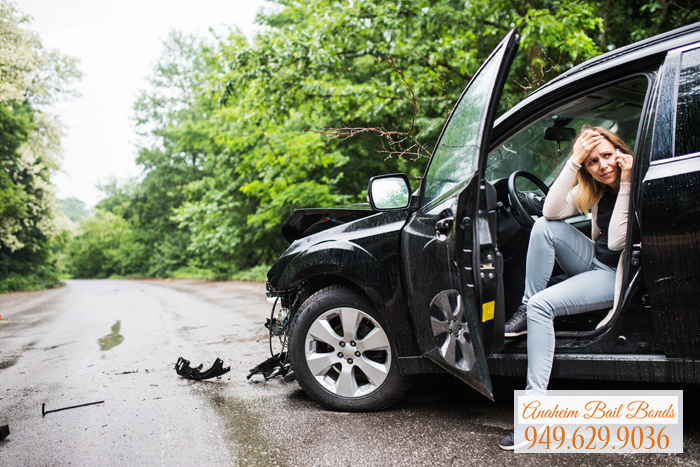Is it Legal to Drive with Earbuds in California?
 Bluetooth headphones that let us do everything from answer phone calls to listen to our favorite tunes were invented, it seems like we always have earphones inserted into our ears. It’s so easy to listen to your favorite music or audiobook while you’re getting ready to go and leave the earbuds in once your driving.
What some people don’t realize is that continuing to use their earbuds while driving isn’t legal in California.
For years, driving with headphones on has been illegal in California. Many lawmakers assumed that earbuds fell into the same category as headphones, but as is always the case, someone protested that they weren’t the same thing. Rather than argue with every single driver who got pulled over for wearing earbuds, California lawmakers passed a law that officially made it illegal to drive with earbuds.
The new law means you can’t wear headphones, earbuds, or a single ear Bluetooth earpiece while you’re behind the wheel.
Bluetooth headphones that let us do everything from answer phone calls to listen to our favorite tunes were invented, it seems like we always have earphones inserted into our ears. It’s so easy to listen to your favorite music or audiobook while you’re getting ready to go and leave the earbuds in once your driving.
What some people don’t realize is that continuing to use their earbuds while driving isn’t legal in California.
For years, driving with headphones on has been illegal in California. Many lawmakers assumed that earbuds fell into the same category as headphones, but as is always the case, someone protested that they weren’t the same thing. Rather than argue with every single driver who got pulled over for wearing earbuds, California lawmakers passed a law that officially made it illegal to drive with earbuds.
The new law means you can’t wear headphones, earbuds, or a single ear Bluetooth earpiece while you’re behind the wheel.
Why Can’t You Wear Earbuds While Driving in California?
You might not think that your earbuds impact your ability to safely drive but California lawmakers disagree. There are a few reasons why they have made it illegal to wear earbuds while driving, including:- Earbuds, particularly noise-canceling earbuds make it important to hear sounds, such as train whistles, sirens, and honking, that are happening outside your car. Failing to hear the sounds increases the likelihood of you getting into an accident.
- Listening to things via earbuds can pull your attention away from things that are taking place on the road in front of you, such as a child running across the street or a school bus turning on their flashers.
- Earbuds encourage you to answer your phone while driving, something that drastically increases the risk of you getting into an accident.











